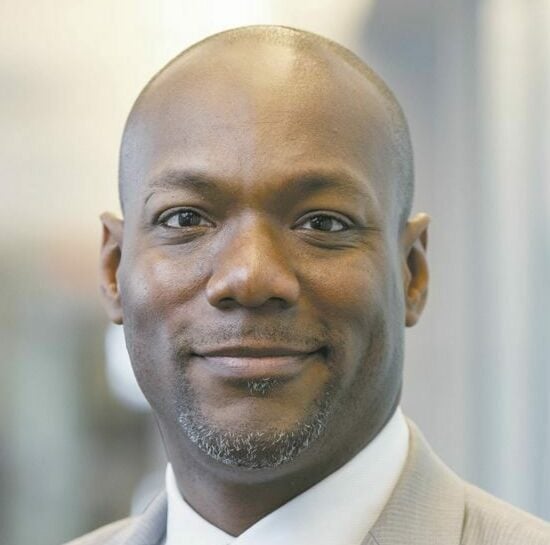Discussing and debating political history, whether domestic or international, is a cherished pastime which transcends cultural or geographic boundaries.
In America, we love to verbally joust in barbershops, basements, and bars. We sit in the present, pontificating about what our certain course of action would be when uncertainty reigned in times past.
Almost inexorably, some of the discussants reach a point at which they openly boast about how they personally would have reacted if fate had chosen them to witness or participate in catastrophic historic events. The occurrence in question might have been anthropogenic (e.g., American chattel slavery, the Holocaust, or a mass shooting).
Alternatively, it could have been something that exceeded human design and control (e.g., a hurricane or a pandemic). We tend to paint ourselves as heroic figures on our imagined historical canvases. The particular circumstances might be radically diverse, but our claim is stubbornly common: “I would have done XYZ if I had been in that situation!”
Fortunately — and unfortunately — our current historical moment presents us with the opportunity to be the heroes that we conjure in our imagination. We need no capes or superpowers; all we need to do is summon our courage, our will, and our voice.
Today, the U.S. faces a demonstrably unprecedented challenge. Fewer than 12 months shy of the 250th anniversary of our Declaration of Independence, we have the kind of rogue president about which many of our founders warned. Some of their fears were generalized, such as presidents being subject to corruption by foreign governments, bribery from wealthy individuals, or blackmail based on illicit behavior.
Other concerns were quite specific. Edmund Randolph, the first U.S. Attorney General, worried about a president’s wartime authority and control of public funds. He was so concerned about presidential power that he referred to it as the “(fetus) of monarchy.”
Patrick Henry feared that a powerful president could become a tyrannical despot who would attempt to undo the democratic principles for which the new nation had fought the Revolution against England.
George Mason staunchly promoted a so-called “Bill of Rights” that would protect individual liberties from a monarchical president, who he described as potentially perpetrating “the most extensive injustice.” Further, although Thomas Jefferson did not directly participate in debates during the Constitutional Convention, his views reflected his deep fear concerning the ability of a president to become an “elective despot.”
The Federalist Papers, which were drafted to persuade states to ratify the Constitution, said that the president’s power was purposely limited so that the people of the U.S. would elect integrous heads of state.
However, the Anti-Federalists argued that the Constitution as written lacked the teeth to limit a president’s power. They believed that he would be able to use the dearth of checks on his power to his advantage — and the disadvantage of the people. They were also leery of a president’s power to pardon, believing that it could cause him to engage in treason without facing consequences. (Ironically, our current Supreme Court has made that fear a reality.)
Of course, our Constitution was ratified in 1788; it has been amended just 27 times. As it turns out, some of the founders’ deepest fears about the potential for despotism have been validated. Unfortunately, as I suggested above, the Supreme Court has given President Donald Trump the license to do essentially anything he wants with impunity.
So, what now? Despite decades of warning about a tyrannical government abrogating our rights, the NRA and its ideological brothers are strangely silent as creeping authoritarianism flows almost daily from the Executive Branch. For example, Trump has the world’s most lethal military occupying our nation’s capital as if it were a foreign hot zone.
Most of the pretend defenders of the people’s rights have fallen silent, even as the enablers are shouting their support. The plain fact is that nobody is coming to save us. Except us. Now is the time to lift every voice and shout in defense of our fragile democratic ideals. Now is the time to challenge every attempt to curb free speech, every legislative maneuver that seeks to limit our rights, every policy that would reduce us to mere subjects of an authoritarian state.
No longer is asking ourselves what we would do in a fraught historical moment a hypothetical issue. Now is the time to be the heroes that we’ve always claimed that we would be.





